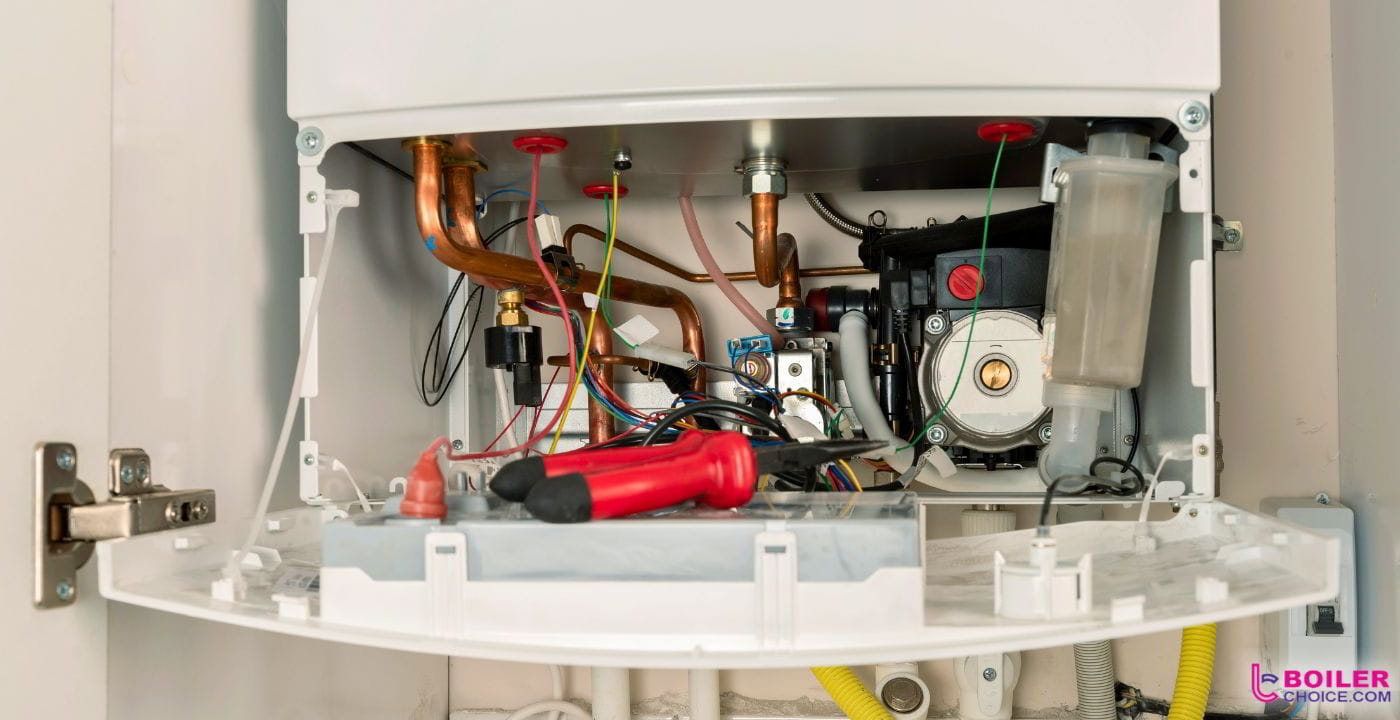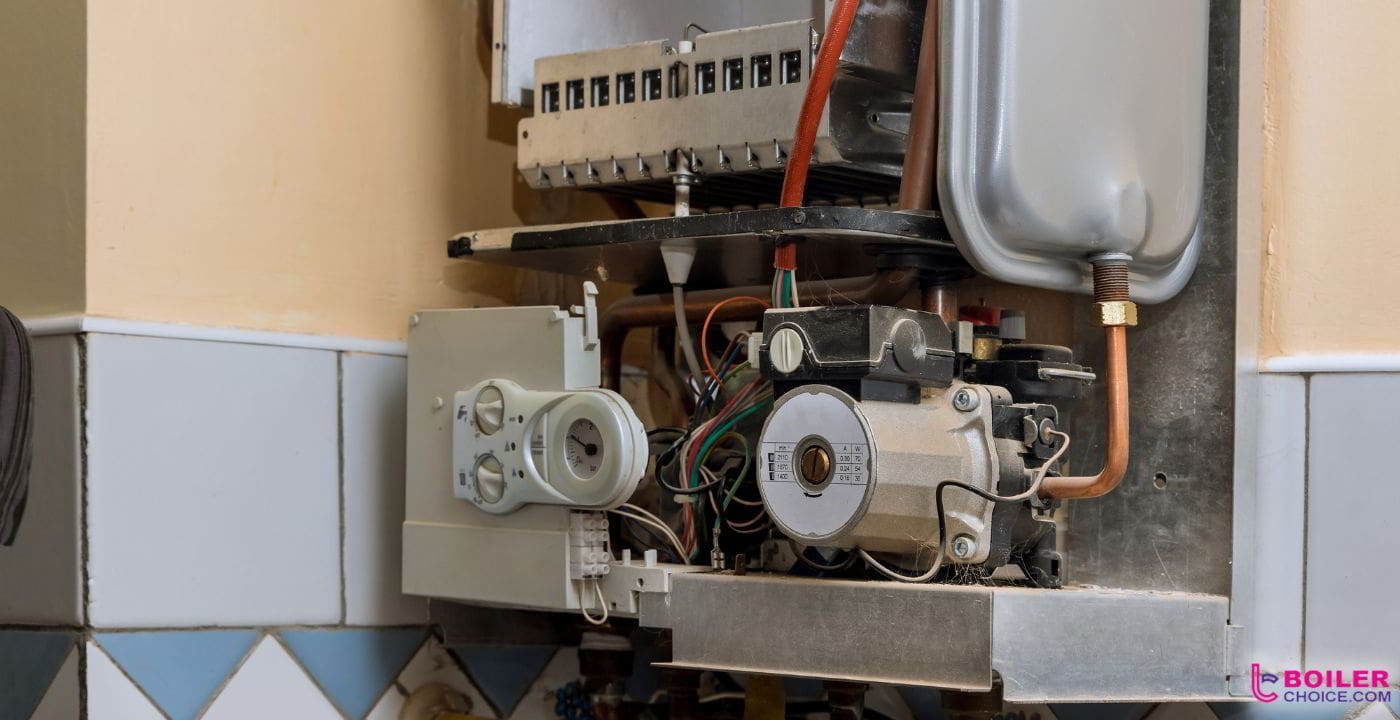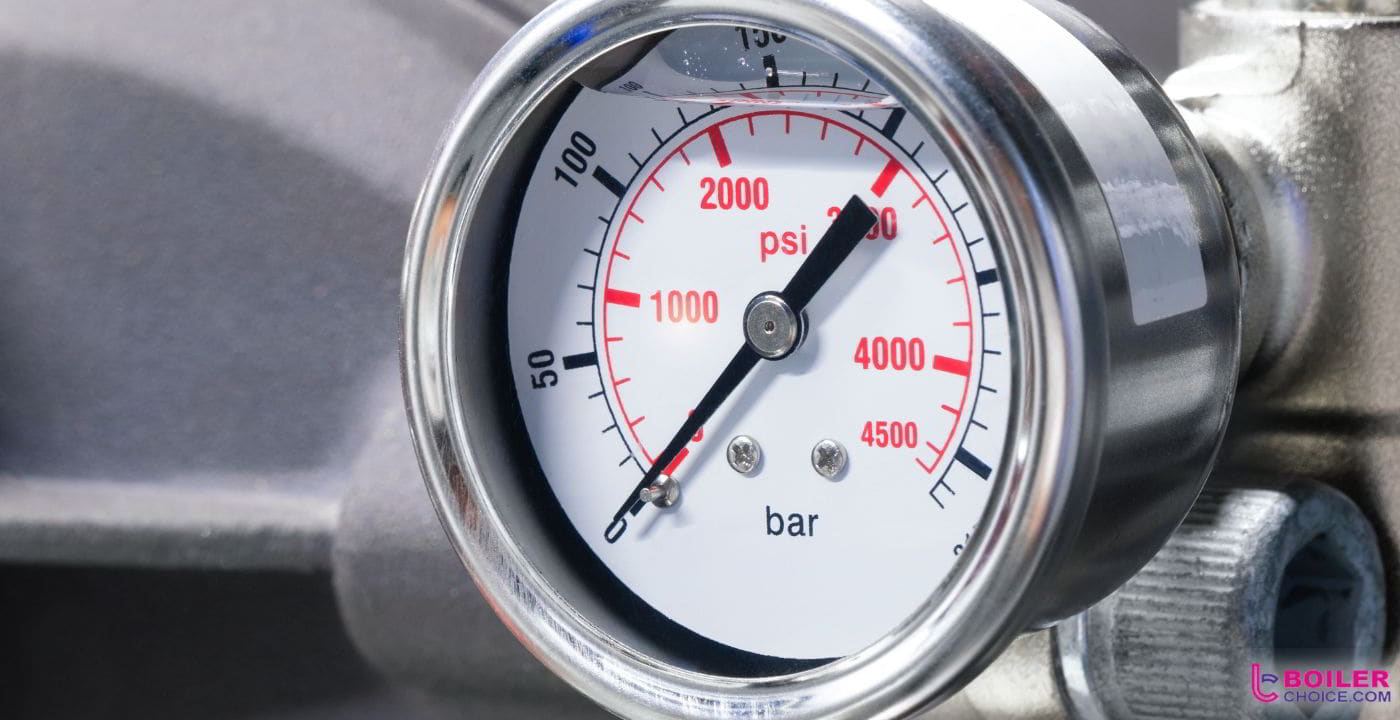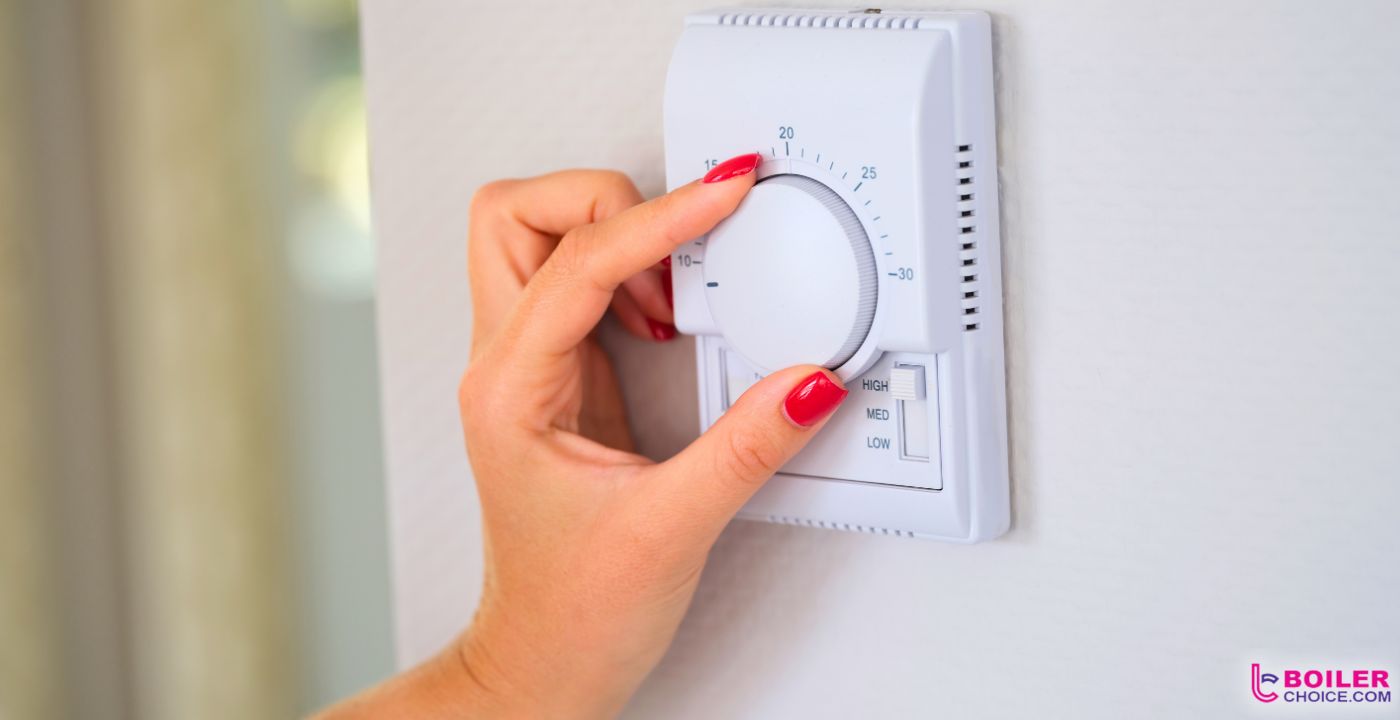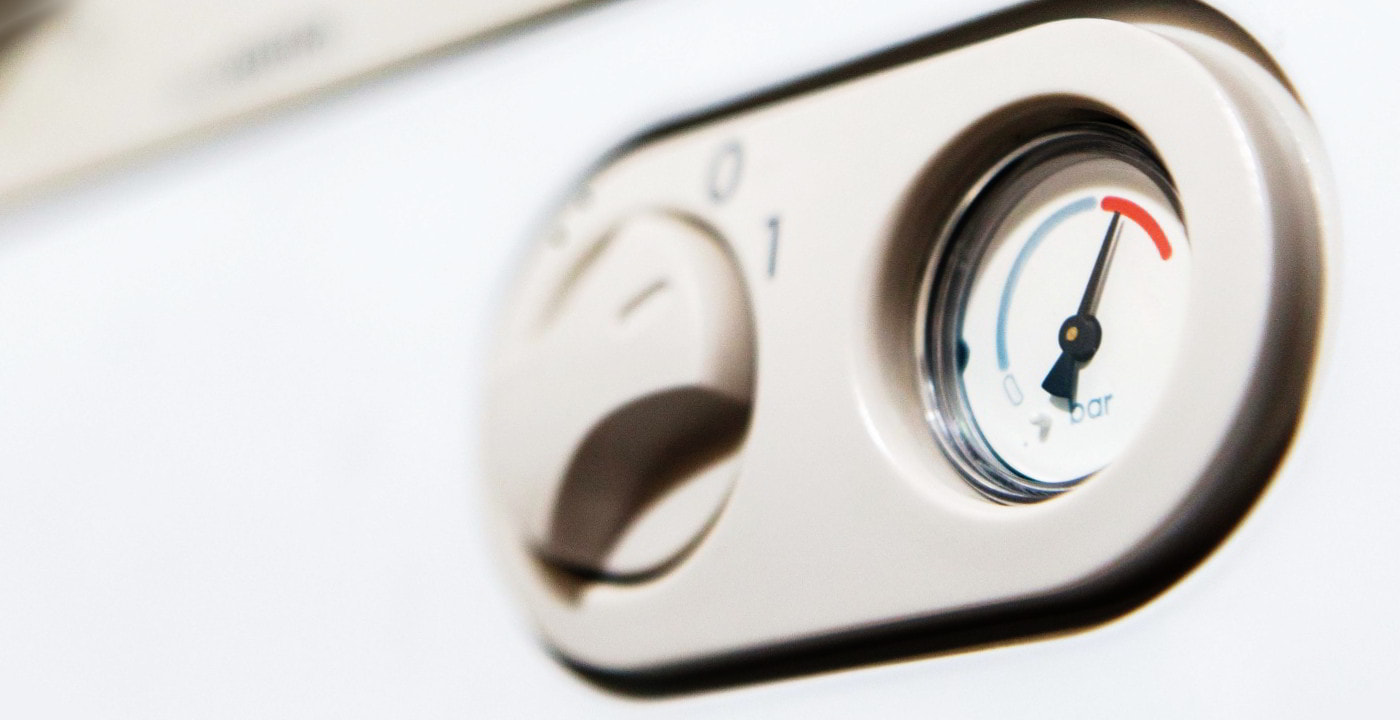
🎜 Under pressure… pushing down on your boiler, won’t ever stop…🎝
That’s what we like to imagine would have been Weird Al Yankovic’s next Queen parody song after “Another One Rides the Bus.” But enough of these whimsical musings, you’re here because your boiler pressure is too high (much like Freddie and David Bowie reputedly were when composing that smash hit) and we’re here to help!
If your boiler pressure is consistently rising to 3 bar it could be a sign that it is suffering from one, or perhaps a number of potential issues. Luckily, most of these issues are relatively easy to address by carrying out certain simple checks yourself.
It’s important that you don’t allow the boiler to run with high pressure for too long as that might ultimately lead to further problems which could prove to be much more expensive than if you had opted to nip the problem in the bud.
The most frequent causes of boiler pressure rising to 3 bar are faulty pressure relief valves and expansion vessels, or a build-up of air in the system.
So, without further ado (or further desecration of any more rock legends), let’s investigate why your boiler pressure keeps rising.
Is High Boiler Pressure Dangerous?
To address what is usually most people’s primary concern, in almost all cases high boiler pressure is not dangerous. Contemporary boilers and modern heating systems are designed in such a way that the risk posed to you is practically zero.
These days boilers come with a number of safeguards in place to ensure that too much pressure in your boiler will not run the risk of a catastrophic explosion that could injure you or damage your property.
Modern boilers are fitted with a pressure relief valve (PRV) which automatically alleviates the water pressure once it begins to exceed 3 bar and in most models, the system will shut down automatically if the pressure continues to rise beyond this level.
This not only removes any risk to you but also works to ensure the boiler does not suffer from any damage due to extended periods of over-pressurisation.
Why Does My Boiler Keep Gaining Pressure?
As mentioned in the introduction, there could be a number of reasons why your boiler keeps gaining pressure. It might be the case that, in attempting to lower the pressure, you might have added too much water.
Another common cause of rising boiler pressure is that you may simply have left the filling valve open, or failed to properly secure it. Whenever you’re repressurising your boiler, double check these valves are properly tightened to ensure it isn’t continually filling (even slowly).
Below, you will find the most common causes of high boiler pressure and what you can do to fix the problem. Bear in mind that it is possible that your boiler could be experiencing more than one of the issues detailed below at the same time.
Faulty Pressure Relief Valve
The pressure relief valve is designed to release pressure when it exceeds a safe level. It may be the case that the PRV has a leak, or it may be blocked rendering it unable to close properly. One (or a combination) of these faults can cause the pressure of your boiler to keep rising.
Short-term fix: As a short-term solution you can try resetting the valve to see if that resolves the issue. If not, we recommend that you call in a qualified, certified heating/boiler engineer.
Long-term solution: The long-term solution to a faulty pressure relief valve is to have it replaced by a heating systems engineer. For a typical combi boiler pressure relief valves can cost as little as £16 so fixing the issue shouldn’t be overly expensive.
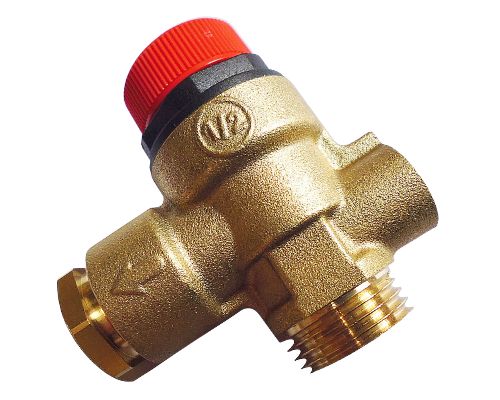
Faulty Expansion Vessel
The expansion vessel is the component of the boiler that controls pressure levels by regulating the balance between the water and the air in the system. Common faults with expansion vessels include the expansion vessel losing charge or being too small to accommodate the requirements of the heating system.
Short-term fix: One possible fix would be to attempt to re-pressurise the expansion vessel using a pump to increase the volume of air until pressure levels return to normal.
Long-term solution: Should re-pressurising the expansion vessel fail to work, we recommend that you call in an engineer to carry out a proper assessment who will, in turn, repair or replace the vessel as necessary.
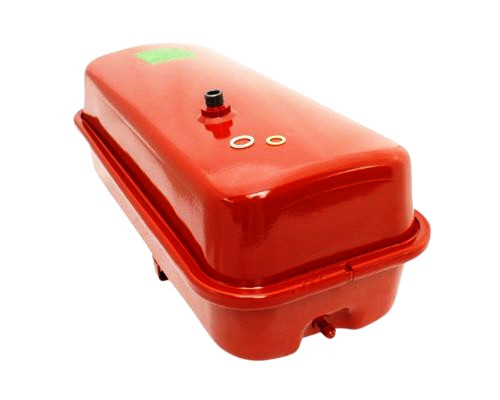
Air in the System
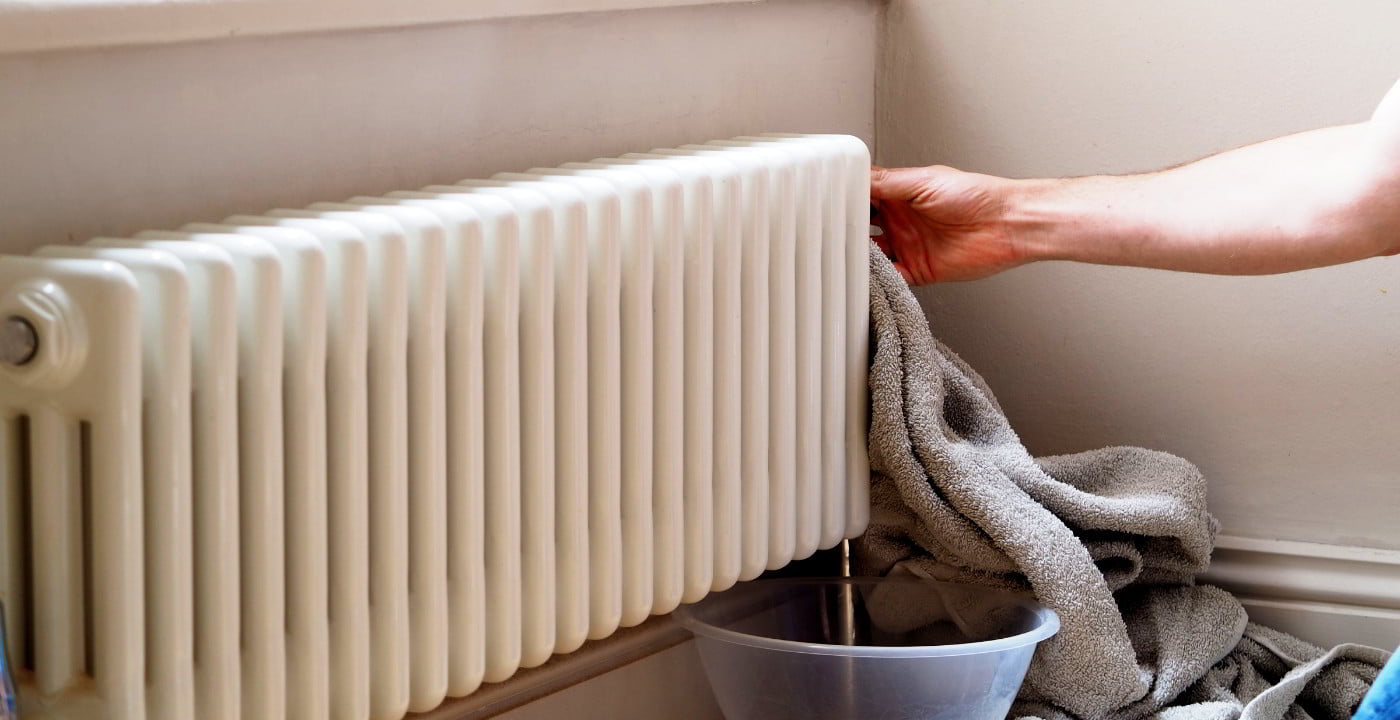
Perhaps the most frequent cause of boiler pressure problems comes from having air in the system. If there’s air in the boiler, the radiators or the piping system, it can cause the pressure to rise.
Short-term fix: The easiest way to fix a build-up of air in the heating system is to bleed the radiators, which is something you should be doing on at least an annual basis. If you have not been bleeding your radiators at least once a year, there is a good chance that this is the reason your boiler is rising to 3 bar on a regular basis.
Long-term solution: If the problem persists, it’s best to call in a heating/boiler engineer to inspect the system and remove any trapped air.
What Happens if Boiler Pressure is Too High?
If your boiler pressure is too high, the boiler’s automatic safety features will act to lower the boiler pressure or switch off the heating system altogether.
If too much pressure in the boiler is sustained over an extended period of time, then this could lead to leaks and a loss of energy efficiency which, in turn, will lead to the boiler consuming greater amounts of energy resulting in higher energy bills.
How Do You Fix a Boiler with Too Much Pressure?
The most common fixes for a boiler with too much pressure are:
- Bleeding the radiators
- Repressurising the expansion vessel
- Resetting the pressure release valve
- Ensuring the filling loop valve is fastened properly
If you’ve attempted all of these resolutions without success, then you should schedule a callout with a qualified heating engineer who will identify the root cause and the best solution to fix the problem for good.
Conclusion
If you have successfully carried out any of the fixes suggested in this article, then make sure to closely monitor the pressure of your boiler over the coming days (and even weeks) to confirm that it does not continue rising to 3 Bar.
On the other hand, if none of the recommended solutions have helped, or just as importantly, if you’re not confident enough to try them, then we suggest that you should call out an engineer as soon as you can.
For more information on how to properly operate your boiler, you can check out this article. Alternatively, if you’re having problems getting it going in the first place, then you might find this article to be of some help, too.

